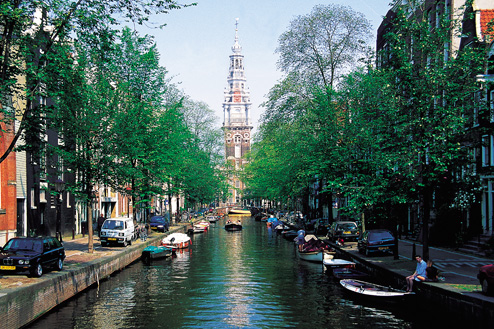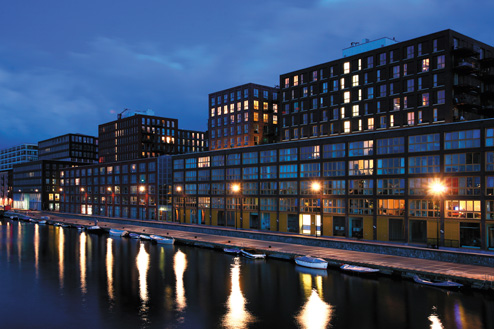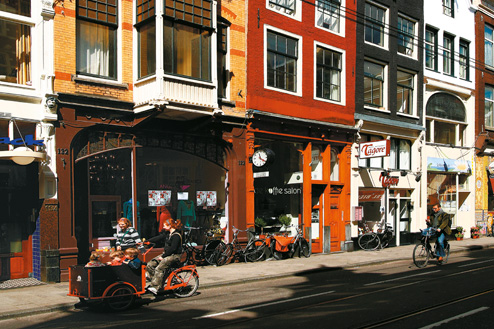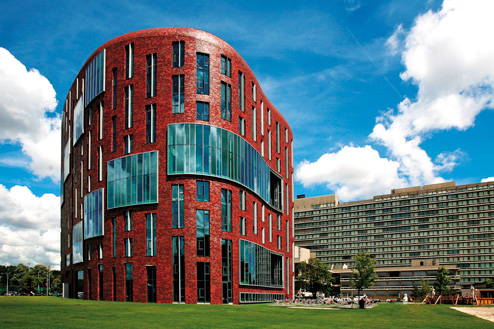Health Insurance
If you live in the Netherlands you are required to have health insurance. If you’re only here temporarily or are a foreign student you may not be required to have Dutch insurance, but you must have health insurance, either some form of international insurance or cover from your country of residence. Once you are officially a resident, you must switch to a Dutch health insurance provider. In the past there was a difference between public and private healthcare, but as of 1 January 2006 the system was replaced by the Basisverzekering (basic insurance) for everyone, which is mandatory for all residents of the Netherlands. The government has decided that private insurance companies should provide the coverage so they can use market forces to cut healthcare costs. An insurance company is not allowed to refuse anyone the basic coverage regardless of age, employment status or general health. You are free to choose your insurance company and change insurance companies once a year.
The new basic insurance coverage is quite basic (as the name implies) and covers general medical care, hospital stay, dental care up to the age of 18, purchase of prescription medicine and short-term psychiatric treatment (under 12 months). You can also take out additional insurance (annvullende verzekering) to cover dentistry, physiotherapy and other treatments the government considers to be the individual’s own responsibility. This is where the shopping around begins and where insurance companies have become very competitive, offering a range of policies from simple packages through to those that include hearing aids and a new pair of glasses each year. The approximate cost of the basic package is €1000 to €1100 annually, and €83 to €92 if you want to pay monthly. Children up to the age of 18 are insured for free. Those who cannot pay the premium due to a low income can apply for a compensation allowance from the tax office. As a safety net for insurers, policyholders must also pay in addition to their fixed contribution an income-related contribution of 6.25%, but usually the employer will cover this cost. Self-employed people will receive a bill for their contribution amount from the tax office. The money is used to balance out the risks between insurers with more expensive clients.
Large companies can usually strike a better deal with some offering a discount for collective health insurance policies, so it’s always best to speak with your employer before deciding on an insurance company. Everyone who pays insurance premiums is also entitled to a no-claim reimbursement of a maximum of €255 if no claim is made during the year. (Doctors’ appointments are not counted under the no-claims regulation).
If you are a visitor or are only here temporarily it is best to have private travel insurance which covers medical treatment in the event of emergency or non-emergency medical treatment during your stay. If you do not have travel insurance you will definitely be treated at all hospitals, but you will need to pay with a credit card or cash, and request reimbursement from your health insurance provider at home.
The new basic insurance coverage is quite basic (as the name implies) and covers general medical care, hospital stay, dental care up to the age of 18, purchase of prescription medicine and short-term psychiatric treatment (under 12 months). You can also take out additional insurance (annvullende verzekering) to cover dentistry, physiotherapy and other treatments the government considers to be the individual’s own responsibility. This is where the shopping around begins and where insurance companies have become very competitive, offering a range of policies from simple packages through to those that include hearing aids and a new pair of glasses each year. The approximate cost of the basic package is €1000 to €1100 annually, and €83 to €92 if you want to pay monthly. Children up to the age of 18 are insured for free. Those who cannot pay the premium due to a low income can apply for a compensation allowance from the tax office. As a safety net for insurers, policyholders must also pay in addition to their fixed contribution an income-related contribution of 6.25%, but usually the employer will cover this cost. Self-employed people will receive a bill for their contribution amount from the tax office. The money is used to balance out the risks between insurers with more expensive clients.
Large companies can usually strike a better deal with some offering a discount for collective health insurance policies, so it’s always best to speak with your employer before deciding on an insurance company. Everyone who pays insurance premiums is also entitled to a no-claim reimbursement of a maximum of €255 if no claim is made during the year. (Doctors’ appointments are not counted under the no-claims regulation).
If you are a visitor or are only here temporarily it is best to have private travel insurance which covers medical treatment in the event of emergency or non-emergency medical treatment during your stay. If you do not have travel insurance you will definitely be treated at all hospitals, but you will need to pay with a credit card or cash, and request reimbursement from your health insurance provider at home.













